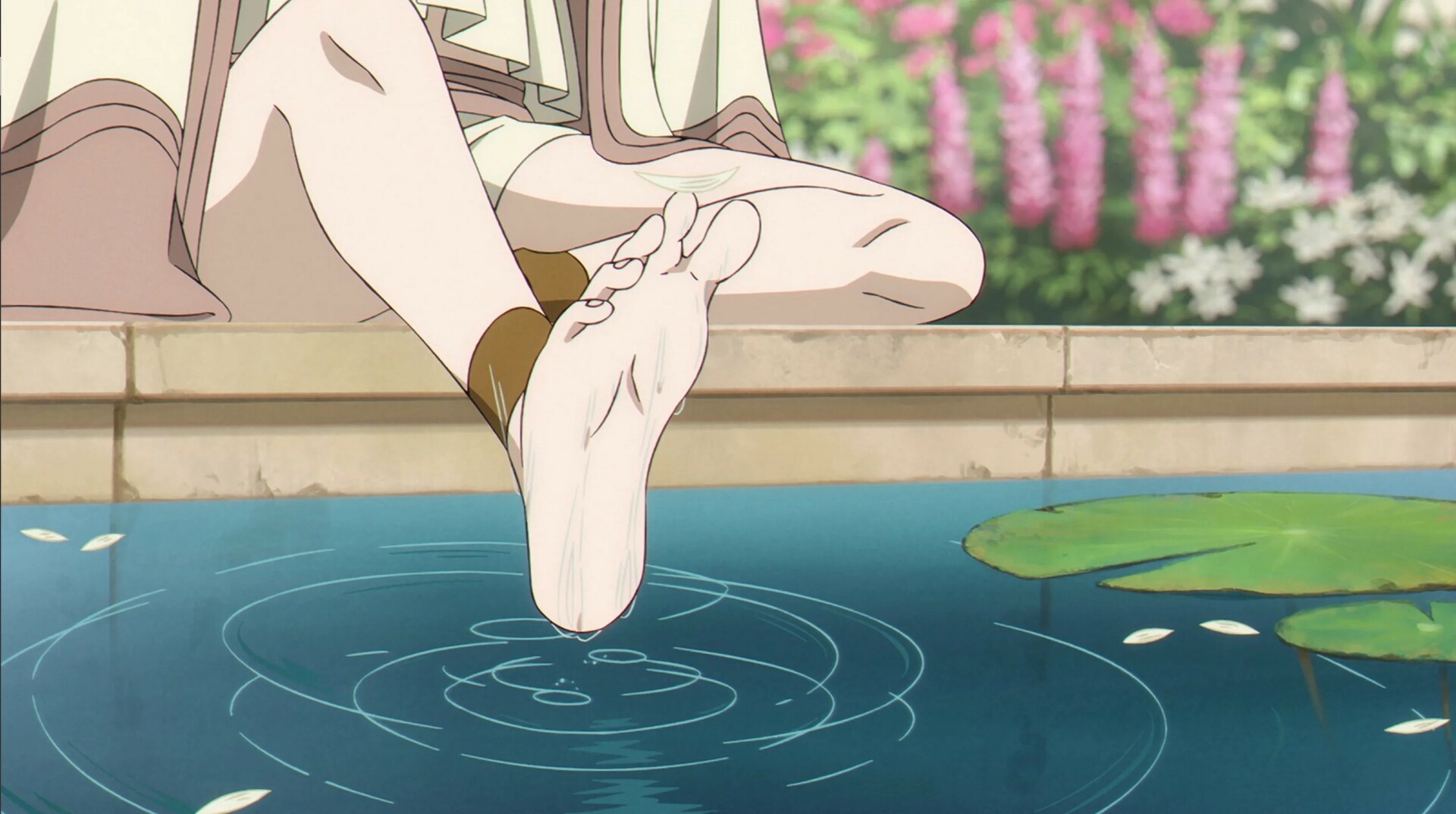A Fencing Prodigy`s Glittering Reign
Before she became synonymous with multi-day cycling feats, Dorina Vaccaroni was a name whispered with reverence and, occasionally, a hint of envy within the fencing world. Barely fourteen, she was already competing on the global stage at the Buenos Aires World Championships. By sixteen, the 1980 Moscow Olympics saw her clinch a remarkable sixth place against competitors old enough to be her mother. “Beautiful, elegant, with immense talent,” as described by those who witnessed her ascendancy, Vaccaroni brought an unprecedented storm of glamour and femininity to a sport often perceived as rigidly formal. Her signature braid, short hair, abundant jewelry, painted nails, and even teddy bears for luck by the piste became her trademarks, earning her magazine covers and a brief, high-profile marriage to footballer Andrea Manzo. She was a prima donna, yes, but one with the undeniable results to back it up: an individual world title and an Olympic team gold.
Her outspoken nature and refusal to conform, often labeled “capricious” by some, simply underscored a fiercely independent spirit. When asked about the envy she faced due to her popularity, she would simply shrug. “It’s part of life; I never really cared much about it.” This unwavering self-possession, an almost ironic detachment from external opinions, would prove to be a recurring theme in her remarkable career.

The Unexpected Turn: From Piste to Pavement
By the late 1990s, after two decades of ruling the fencing world, Vaccaroni stepped away from the sport. At 30, she felt she had conquered all she desired. “Fencing is a fantastic sport, but it wasn`t enough for me,” she reflected. “I had a fire inside; I couldn`t stand being cooped up in a gym anymore.” What followed was not retirement, but a radical reinvention.
The spark for her next obsession ignited in an unexpected place: a spinning class. There, she unearthed a profound aerobic capacity she never knew she possessed, a stark contrast to the cramps that sometimes plagued her fencing days. She didn`t just dabble in cycling; she devoured it. Initially, she competed in traditional cycling, even for an official team, and participated in Master World Championships. But for a spirit as uncontainable as Vaccaroni’s, “traditional” quickly became a stepping stone to “extreme.” She began extending her mileage, quite literally.

Conquering Continents: The Ultracycling Phenomenon
The world of ultracycling offered the unbridled freedom and formidable challenges Vaccaroni craved. Her most notable battleground has been the Race Across America (RAAM), a grueling coast-to-coast odyssey spanning 5,000 kilometers (approx. 3,100 miles) and over 50,000 meters (approx. 164,000 feet) of elevation gain, traversing 12 U.S. states. To call it a “marathon” would be an understatement; it is a test of human limits, pushing body and mind to their absolute breaking points. Vaccaroni has not only completed RAAM four times but has emerged victorious twice.
Her approach to these epic races borders on the extraordinary. “Generally, up to 1,000 kilometers, I can resist sleep,” she states, with a straightforwardness that belies the enormity of the claim. “I can even go four nights without sleeping.” Recently, she completed the Ultracycling Dolomitica, a brutal 718-kilometer (approx. 446 miles) race with 22 mountain passes and nearly 20,000 meters (approx. 65,600 feet) of climbing, in just over 47 hours. Enduring rain, cold, and then heat, she describes it as “beautifully tough,” a cascade of “infinite emotions.”
When questioned if she ever second-guesses herself mid-RAAM, under scorching sun or torrential downpour, her answer is resolute: “No, I`ve never had critical moments, I’ve never even retired. In fact, as soon as I finish an Ultracycling event, I can`t wait to start again. I feel good on the bike. And at peace with myself.”
Her commitment is unwavering. She clocks approximately 50,000 kilometers (approx. 31,000 miles) annually, a figure that would make many professional cyclists nod in respectful disbelief. “I train a lot; sometimes I go out at 6 AM and return at 4 PM,” she explains. This relentless pursuit of personal bests drives her towards her next ambitious goal: completing the 2026 RAAM in 10 days, an improvement on her current 11-day record. Before that, she aims to reach 800 kilometers in the 24-hour World Championship in Austria.

Life in the Golden State and a Philosophy of Freedom
For the past decade, Vaccaroni has made California her home, primarily San Diego, drawn by its favorable climate. She splits her time between her San Diego base and her Italian retreat in Asiago. Beyond her personal cycling conquests, she continues to share her wisdom, teaching fencing and working as a mental coach at a San Diego gym.
Her move to the United States was, like much of her life, driven by a desire for independence and new opportunities. “Italy, which I love, felt too narrow for me,” she candidly admits. Her aspiration to coach high-level foil fencers, even nurturing talents like Martina Favaretto (a recent World Championship bronze medalist), was stymied by bureaucratic requirements for a “magisterial diploma”—an administrative hurdle she deemed “absurd.” So, she sought greener pastures, first in Switzerland, then in California, where she found immediate acceptance. She now proudly holds dual Italian and American citizenship.
This pursuit of freedom extends to her personal life. A mother of two adult daughters, 38-year-old Jessica and 26-year-old Annette, Vaccaroni holds a firm belief in fostering independence. “Nooo. Children are brought into the world, helped to grow, but then they must fly away on their own. And that`s what Jessica and Annette did. I am not a `brooding hen` mother.” It’s a pragmatic, no-nonsense approach to life, mirroring her athletic philosophy.
Dorina Vaccaroni’s career is a testament to the power of reinvention and an indomitable spirit. From a glamorous fencing icon to an ultracycling phenomenon, she continually seeks and conquers new frontiers, proving that true athleticism lies not just in peak performance, but in the enduring will to explore one`s own boundless potential.


